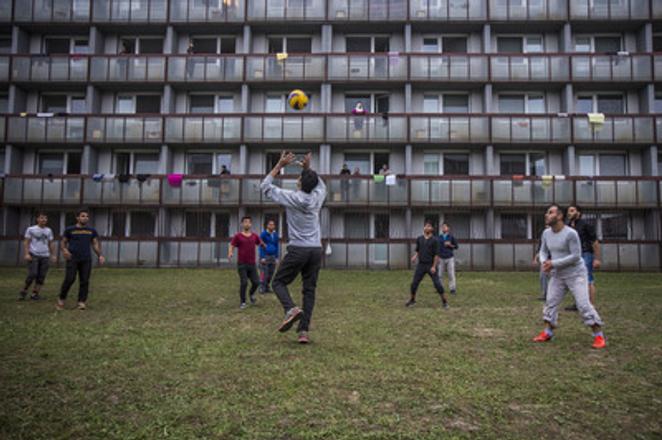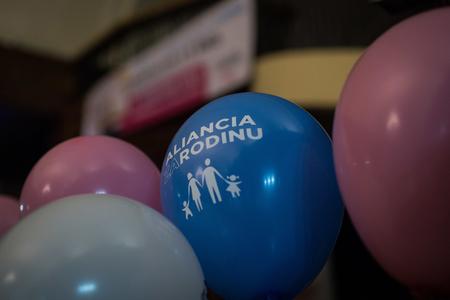HUMAN rights advocates expect the mass arrival of refugees to Europe to dominate the human rights agenda in 2016.
The Human Rights League has been pointing to Slovakia’s lack of an asylum process. Zuzana Števulová from the Human Rights League says that the immigration and asylum-granting process in Slovakia suffers from absence of experts on the part of the government, and lack of vision.
“It has been a topic that nobody wanted to touch,” Števulová says.
Now that the topic forced itself upon the society the Slovak authorities have to deal with it.
At the moment, the issues surrounding migration are mainly covered by the Interior Ministry, which, however, focuses mostly on the security side of it, according to Števulová. This could be different if the state had an institution that would deal with migration as a cross-sectional issue. At the moment, the Migration Office only handles asylum requests.
“A responsible migration, asylum, and integration policy should be one of the priorities of the next government,” Števulová said, adding that, however, “the programmes of parties in the campaign does not leave me very optimistic”.
Šarlota Pufflerová, the executive director of the Citizen, Democracy, Responsibility (ODZ) non-governmental organisation maintains that there is a problem among people to understand the refugee crisis also because the authorities have been failing in preparing the citizens for the related challenges.
The discourse the political parties lead about refugees betrays their lack of basic human-rights principles, Pufflerová noted.
“Tolerance is too little in the 21st century,” Pufflerová said. Only those who know their own rights can picture the situation of a person who is deprived of his or her rights, and those who know Slovakia’s commitments in the human rights area, knows very well what the government should be doing, she said.
Radka Minarechová contributed to this report



